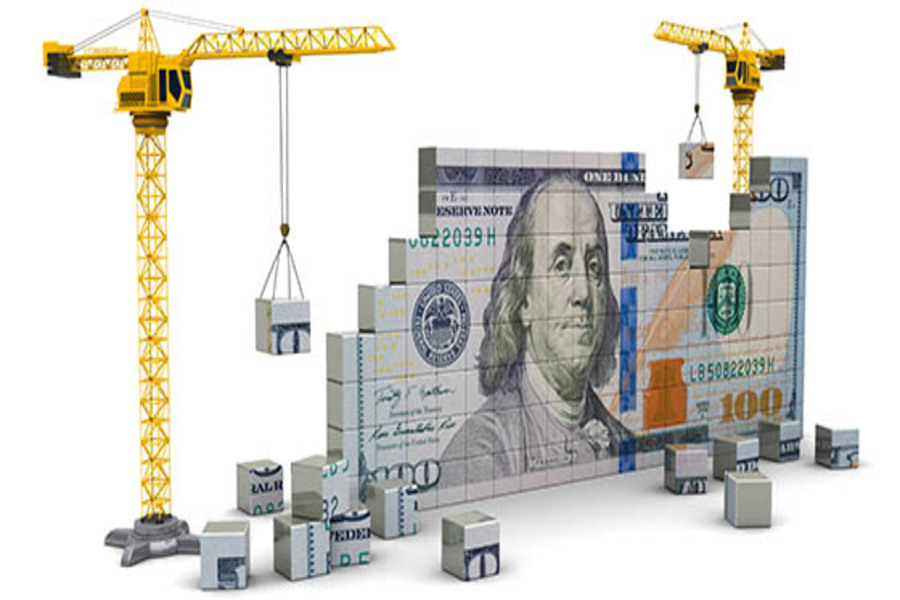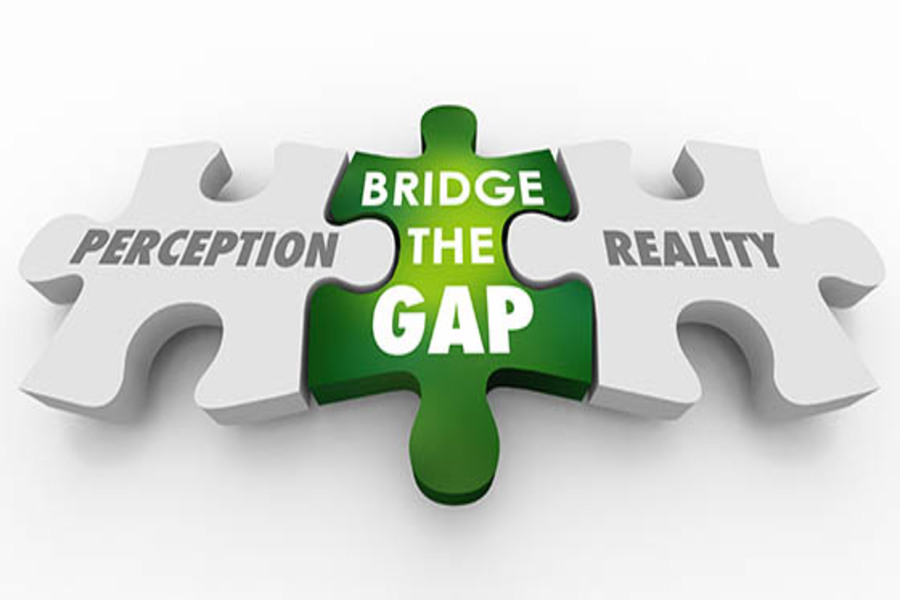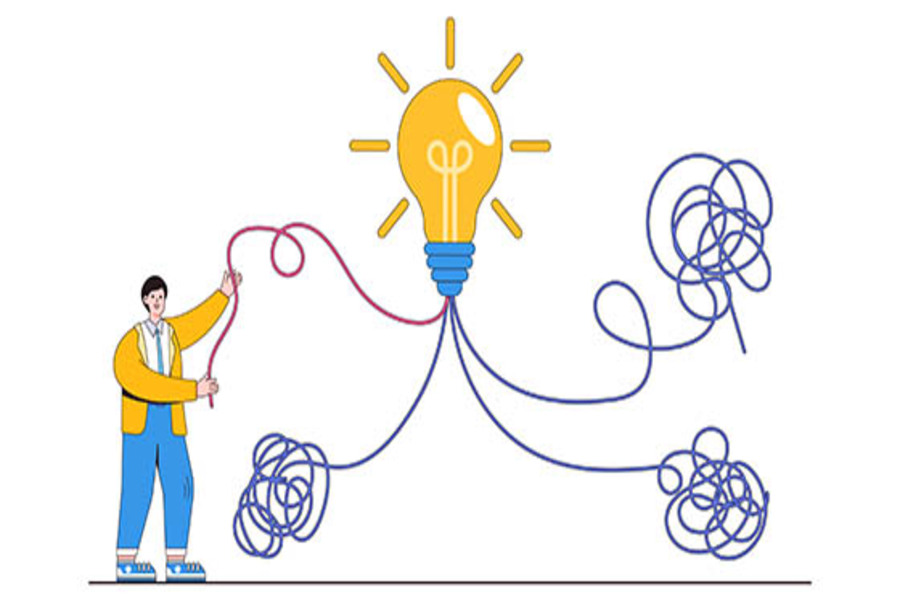Whether your company is a family-run operation, a partnership among friends or a multi-owner enterprise, a buy-sell agreement helps protect it in potentially disruptive “what if” scenarios, including death, disability, divorce, disputes or simply a change of heart. These events may trigger ownership transitions that, without proper planning, lead to costly conflicts and financial strain. How can you ensure a buy-sell works when it’s needed most? A solid business valuation framework helps an agreement withstand legal scrutiny and supports fair, efficient ownership transitions. An experienced business valuator can provide clarity in five critical areas. Determining the value of the business Knowing your business’s current value helps prevent unpleasant surprises. Whether an owner wants to exit the business or a tragedy occurs, a formal, unbiased valuation sets...

Dividing marital assets can be a long, complicated process, especially if a divorce case involves a private business interest. Failure to hire a business valuation professional — whether to try to save money or time — can prove disastrous in court. Complex valuation matters Business valuators can provide answers to five critical financial questions in a divorce: 1. How much is my business interest worth? There are three ways to value a business: the cost, market and income approaches. All these techniques start with the company’s financial statements. But discovery shouldn’t stop there, particularly for spouses not involved in day-to-day business operations. Valuation experts should be given equal access to financial records and opportunities to tour the company’s facilities and interview management. Inadequate discovery can cause an expert...
Valuation professionals use various methods to determine the fair market value of a private business or business interest. One of the more debated techniques is the excess earnings method. Here are answers to some common questions about this controversial method. What’s the excess earnings method? The U.S. Department of the Treasury originally developed the excess earnings method in 1920 to estimate value lost by businesses during Prohibition. This method separates a business’s earnings into two categories: Earnings attributable to tangible assets, and . Excess earnings, which represent returns on intangible assets. . Although not initially designed as a business valuation tool, the excess earnings method is easy for business owners, attorneys and judges without extensive financial expertise to understand. So it’s sometimes used to value professional practices and small businesses. How...
Determining the value of a construction company is complex and requires a deep understanding of industry-specific challenges and financial metrics. Whether a construction business owner is planning a sale or merger, securing financing, preparing for succession, or navigating legal matters, an accurate valuation is essential. Professional valuation experts analyze a range of factors unique to construction businesses — including homebuilders, commercial real estate developers, subcontractors and specialized tradespeople — to provide reliable assessments of value. Unique risks The construction industry is inherently cyclical, making economic fluctuations a significant risk. Market downturns can lead to project delays or cancellations, affecting cash flow and profitability. Weather conditions and natural disasters further contribute to the industry’s unpredictability, as they can disrupt project timelines and escalate costs. Another major risk factor is...
Business valuation professionals often rely on client-prepared financial projections to calculate lost profits and diminution in value. However, courts may exclude expert testimony that’s based on speculative or unreliable projections. To withstand scrutiny, valuators must support their conclusions with market-based evidence and a rigorous analysis of case-specific facts. The landmark case Endless River Technologies, LLC v. TransUnion, LLC (6th Cir., Dec. 18, 2024) serves as a recent example of how expert testimony may be inadmissible due to flawed financial assumptions. Trial court admits valuation evidence In Endless River Technologies, the U.S. Court of Appeals for the Sixth Circuit addressed a contractual dispute. The case involved ownership of the source code for a proprietary platform that served as an online marketplace for insurance leads. In 2014, the parties entered into...
A business interest’s value is more than just a number to its owner. It represents years of hard work, sacrifice and investment. Owners often believe they have a clear understanding of their company’s worth. But emotions and optimism about future earnings can cloud their perception. Let’s look at psychological factors that may affect owners’ value perceptions — and why the numbers might tell a different story. Personal circumstances may affect value perceptions Business owners often excel at estimating competitors’ values but tend to overestimate their own companies’ values, largely because that value is tied to their personal net worth. However, an owner’s skills, reputation and experience may not be transferable to a third-party buyer — meaning the business could be worth less than the owner anticipates. Moreover, some...
The multi-attribute utility model (MUM) provides a systematic technique for making complex decisions. One innovative way business valuation experts may use this framework is to break down goodwill in divorce cases. Here’s a look at how this approach can help courts better understand experts’ analyses and conclusions regarding goodwill allocations. What is goodwill? Goodwill in a business valuation context is a catchall phrase that refers to all intangible assets that aren’t valued separately. When settling a divorce that includes a private business interest, goodwill is often divided into two components: 1) enterprise (or business) goodwill and 2) personal (or professional) goodwill. In many jurisdictions, personal goodwill is excluded from the marital estate if the divorce involves maintenance payments. However, ex-spouses rarely agree on how to allocate goodwill between the two...
To determine how much a business is worth, a valuation professional must develop a comprehensive understanding of how it runs. Financial statements and tax returns tell only part of the story. In-person inquiries provide additional insights that can significantly impact value conclusions. Owner and manager interviews If a valuator hasn’t previously toured a company’s facilities, expect him or her to request a site visit soon after being hired. This gives the expert an opportunity to observe business operations and interview company personnel. Depending on the company’s size and the engagement’s confidentiality requirements, the valuation expert might want to talk to managers from various departments in addition to the owner(s) and other top leaders. Interviews typically cover a broad range of subjects, including but not limited to: Operations history, ...
Global merger and acquisition (M&A) volume is expected to surpass $4 trillion in 2025, the highest in four years, according to Reuters. Reasons for the anticipated surge include recent interest rate cuts by the Federal Reserve and GOP promises of fewer regulations and lower taxes for U.S. businesses and their owners. Tariffs — if enacted — also could spur consolidation in certain industries. If your business is planning to jump on the M&A bandwagon, working with a business valuation professional can help during this exciting — but stressful — process. Getting your business sale-ready Business buyers are most interested in a company’s core competencies. Nonessential items — such as underperforming segments, nonoperating assets, shareholder loans and minority investors — complicate a deal. An experienced business valuation pro can...
Before you contact a business valuation professional, ask yourself the following five questions to help streamline the valuation process and avoid unnecessary confusion down the road: (1) Who’s hiring the valuator? The party that hires a valuation expert is typically responsible for putting up a retainer and paying the invoices. Attorneys may ask the client to hire the valuator directly to avoid collection issues. However, attorneys sometimes hire the valuator directly to help preserve attorney-client privilege. When businesses are valued for non-litigation purposes, the company (or its owners) typically assumes responsibility for hiring and paying the valuator. (2) What’s being valued? Identify exactly what’s being valued. Provide the valuator with basic information, such as: The company’s name, The type of entity (S corporation, partnership or trust), and The...











